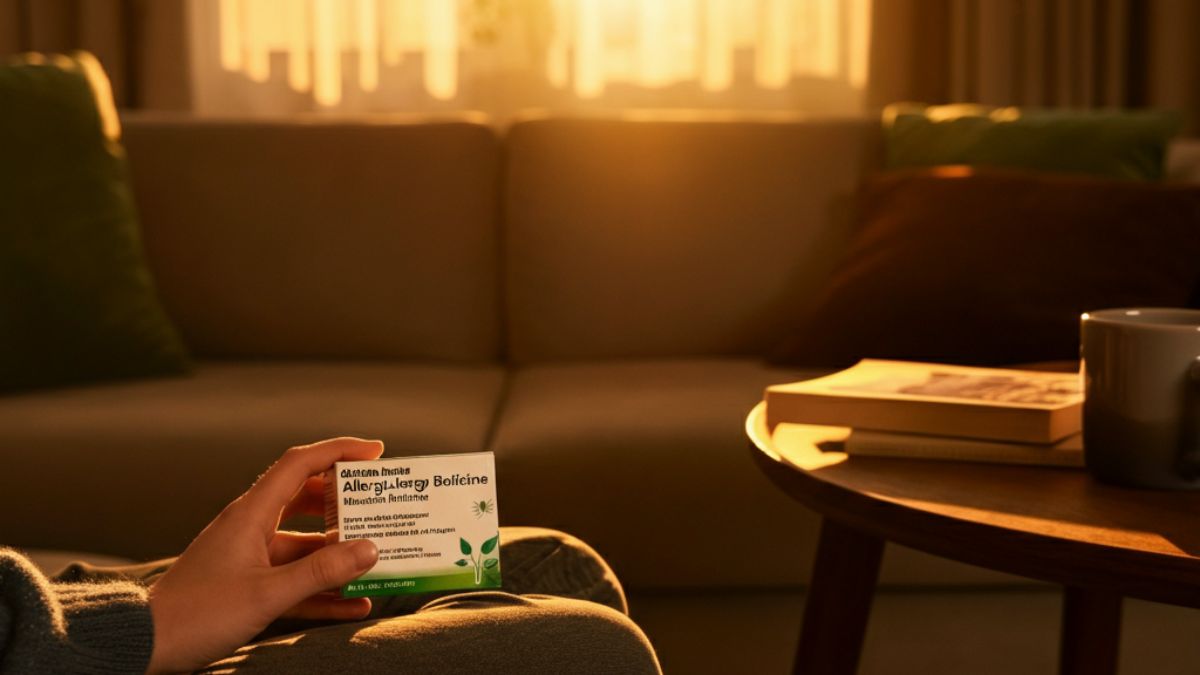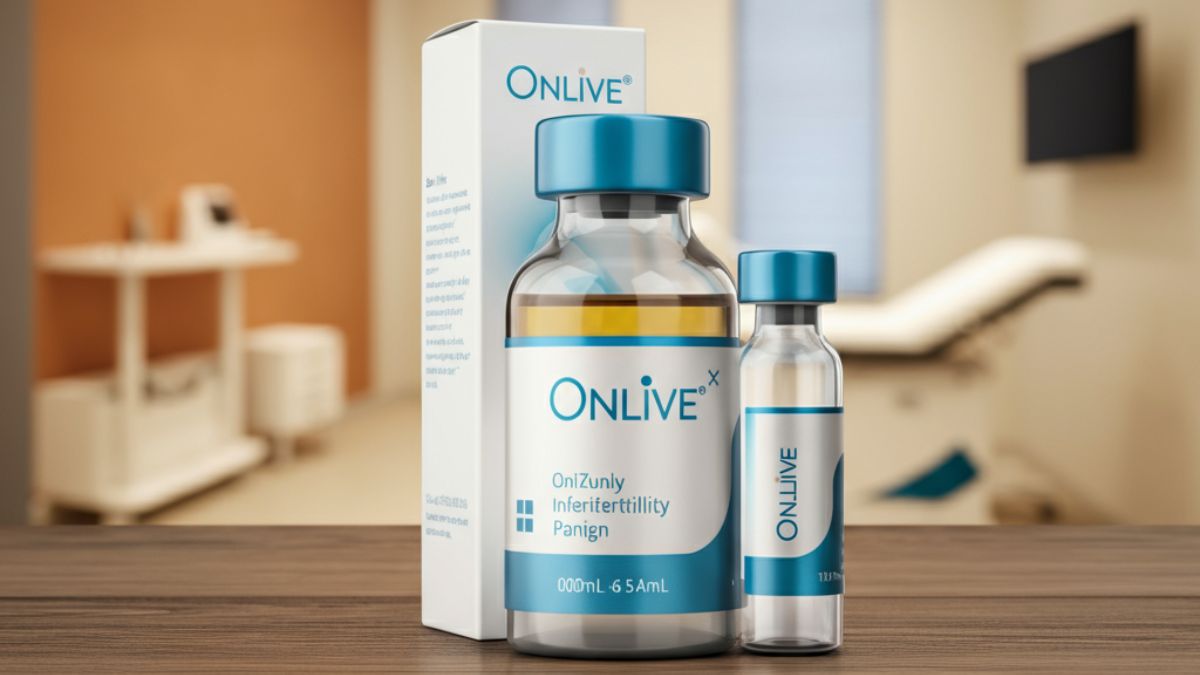Allergy season can be a dreaded time for many. From constant sneezing to an itchy throat, allergies can feel relentless. But one symptom that truly drives people crazy? The irritating, unbearable itchiness in your eyes. Itchy eyes caused by allergens like pollen, dust mites, or pet dander can disrupt your day, making it hard to focus or enjoy the outdoors.
Thankfully, a range of effective allergy medicines are available to relieve itchy eyes. Whether you prefer oral antihistamines or eye drops designed for instant relief, this post will guide you through the best options to soothe your eyes and reclaim your comfort.
Why Do Allergies Cause Itchy Eyes?
When your body detects an allergen, it triggers an immune response by releasing histamine. This chemical release can cause inflammation in your eyes, making them red, watery, and incredibly itchy. While allergens like pollen, dust, or mold are common triggers, indoor irritants such as animal dander or smoke can also provoke this reaction.
Understanding the root cause of your itchy eyes is crucial to finding the right treatment. And though many allergy medications address broader allergy symptoms such as nasal congestion or sneezing, others specifically target ocular discomfort. Below, we’ll explore the top remedies for itchy eyes caused by allergies.
Different Types of Allergy Medications for Itchy Eyes
Before committing to a specific remedy, it’s essential to understand the different types of allergy medications available. Below are some of the most trusted methods for relieving itchy eyes.
1. Antihistamine Eye Drops
Antihistamine eye drops are among the most effective options for instant relief. These drops block histamine release in your body, directly alleviating symptoms like itchiness, redness, and swelling.
Top Recommendation: Ketotifen (brand name Zaditor or Alaway)
- Ketotifen is an antihistamine and mast cell stabilizer that provides fast-acting and long-lasting relief for itchy eyes.
- Benefits include over-the-counter availability and no need for frequent application—one dose lasts up to 12 hours.
Who It’s Best For: Anyone seeking localized and immediate itch relief.
2. Oral Antihistamines
Oral antihistamines are versatile solutions that provide full-body allergy relief. While they tackle multiple symptoms like sneezing or a runny nose, they can also help reduce eye itchiness.
Top Recommendations:
- Loratadine (Claritin)
A non-drowsy antihistamine that offers relief from watery and itchy eyes while keeping you alert all day.
- Cetirizine (Zyrtec)
Slightly stronger than loratadine, cetirizine works quickly and lasts up to 24 hours.
Who It’s Best For: People experiencing a combination of allergy symptoms, such as itchy eyes paired with nasal issues.
3. Mast Cell Stabilizer Eye Drops
Mast cell stabilizers help prevent allergic reactions before they begin. While they require consistent daily use for optimal results, they’re a great preventative option for chronic allergy sufferers.
Top Recommendation: Cromolyn Sodium (Opticrom)
- Cromolyn sodium eye drops work by stopping mast cells from releasing histamine.
- Unlike antihistamines, they take several days to provide noticeable relief but deliver lasting benefits over time.
Who It’s Best For: Those with recurring eye allergies who want long-term relief.
4. Decongestant Eye Drops
Decongestant eye drops reduce redness and swelling by narrowing the blood vessels in your eyes. While they don’t alleviate itching, they’re a complementary option if redness is your primary concern.
Top Recommendation: Naphazoline (Clear Eyes)
- Perfect for those dealing with redness and mild irritation.
- Use sparingly—overuse can lead to rebound redness.
Who It’s Best For: People who value cosmetic relief during short-term allergies.
5. Corticosteroid Eye Drops (Prescription Only)
For severe allergic eye reactions, corticosteroid eye drops can work wonders. These medications reduce inflammation and provide rapid relief, but they should only be used under medical supervision.
Top Recommendation: Prednisolone Acetate Drops
- These drops are prescription-only and are often used for short bursts rather than long-term use.
Who It’s Best For: Individuals experiencing severe inflammation and irritation that hasn’t responded to other treatments.
Key Factors to Consider When Choosing Allergy Medicine
Not sure which remedy is best for your itchy eyes? Consider these factors to make an informed decision:
- Symptom Severity
- For mild itching, start with over-the-counter antihistamine drops or oral medication.
- For severe or chronic symptoms, visit an allergist for a prescription option.
- Additional Allergy Symptoms
- If itchy eyes are your only concern, eye drops may suffice.
- If nasal congestion or sneezing accompanies your eye irritation, try oral antihistamines for full-symptom relief.
- Frequency of Use
- Need something you can use once and forget? Opt for long-lasting solutions like Ketotifen or extended-release oral antihistamines.
- Want daily prevention? Mast cell stabilizers are a solid choice.
- Lifestyle Considerations
- Non-drowsy antihistamines like Claritin are ideal for workdays.
- Eye drops are compact and easy to carry for quick on-the-go relief.
Natural Remedies for Itchy Eyes
Prefer to explore natural alternatives before turning to over-the-counter medications? Here are a few simple tricks to alleviate eye irritation.
- Cold Compress
Apply a clean, cold washcloth over your eyes for 10–15 minutes. This can help reduce inflammation and soothe itching.
- Preservative-Free Artificial Tears
These drops can flush allergens from your eyes and provide extra moisture.
- Limit Exposure to Allergens
Stay indoors on high-pollen days, keep your windows shut, and regularly clean your living space to reduce allergen buildup.
- Wear Sunglasses
A good pair of sunglasses can protect your eyes from outdoor irritants, such as pollen or wind.
While natural remedies can be helpful, note that they may not provide the same level of relief as clinical medication, especially for chronic sufferers.
Take Control of Your Eye Allergy Symptoms
You don’t need to suffer through another allergy season with itchy, irritated eyes. From over-the-counter drops like Ketotifen to all-around solutions like Claritin, there’s an option to fit your specific symptoms and lifestyle. If natural remedies aren’t cutting it or your symptoms worsen, don’t hesitate to consult a healthcare professional.
Allergies may be inconvenient, but relief is well within reach. Find the solution that works best for you, and enjoy life without itchy eyes holding you back.
Frequently Asked Questions
1. What causes eye allergies?
Eye allergies occur when your immune system overreacts to allergens, such as pollen, dust, mold, or pet dander. This triggers inflammation and symptoms like itching, redness, and watery eyes.
2. Can eye allergies be cured?
While there’s no permanent cure for eye allergies, symptoms can be effectively managed through medications, natural remedies, and avoiding triggers.
3. Are over-the-counter allergy eye drops safe?
Yes, most over-the-counter allergy eye drops are safe when used as directed. However, if symptoms persist or worsen, it’s best to consult a healthcare professional.
4. How can I differentiate between eye allergies and an eye infection?
Eye allergies usually cause itching, redness, and watery eyes, often in both eyes. An eye infection, on the other hand, may cause discharge, pain, or swelling and often affects only one eye. If unsure, seek medical advice.
5. Can I wear contact lenses if I have eye allergies?
Yes, but allergies can irritate your eyes when wearing contacts. Consider switching to daily disposable lenses or using allergy eye drops specifically formulated for contact lens wearers.









